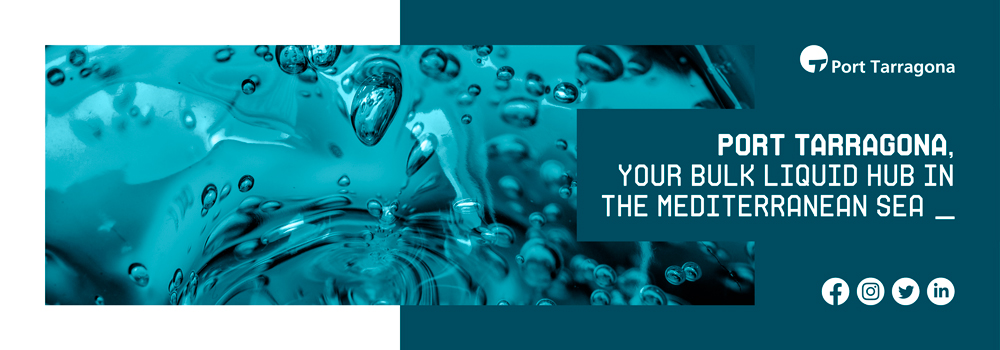Samskip aims for sustainable supply chain
Samskip, a leading multimodal logistics provider, continues its relentless pursuit of minimising greenhouse gas emissions from transport. Through innovative initiatives and collaborative efforts across the supply chain, Samskip aims to drive positive and lasting changes that benefit both the environment and its operations.
Pedro Vasconcellos, head of sustainability at Samskip, emphasises the company’s commitment to ongoing innovation in reducing emissions. “We continue working on pioneering, positive changes. Changes that have a lasting impact. We do that with everyone who is in line with our mission – by working together, we win together.”
Collaboration is at the heart of Samskip’s green journey. Erik Hofmeester, head of vessel management, highlights partnerships with hydrogen and fuel cell suppliers, as well as academic institutions and policymakers. “The current EU Emissions Trading System is not always justified… CO2 emissions should be charged across the board, encouraging a shift from road transport to ships.”
Despite challenges, Samskip has already made substantial investments in cleaner technology, with ambitions to achieve ‘net zero’ emissions by 2040. Biofuel-powered ships and innovative solutions have significantly reduced CO2 emissions, positioning Samskip as a leader in sustainability.
Vasconcellos underscores the company’s commitment to offering environmentally friendly solutions. “By operating on biofuels, we offer our customers a more environmentally friendly product and stimulate them to make the transition to a cleaner future.”
Looking ahead, Samskip remains focused on expanding its sustainable fleet and exploring new technologies. Hofmeester highlights initiatives such as hydrogen-powered vessels and shore power systems, underscoring the importance of collaboration in overcoming challenges and driving progress.
As Samskip continues its journey towards a greener future, Hofmeester recognises the importance of addressing short-term challenges while investing in long-term sustainability. “Customers are willing to pay extra for cleaner transport, but only to a certain extent. Fortunately, we see a growing number of customers open to new, cleaner technologies.”
For more information visit www.portofrotterdam.com
26 April 2024













